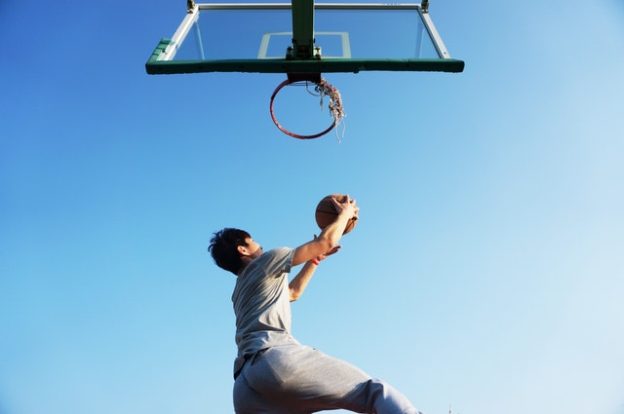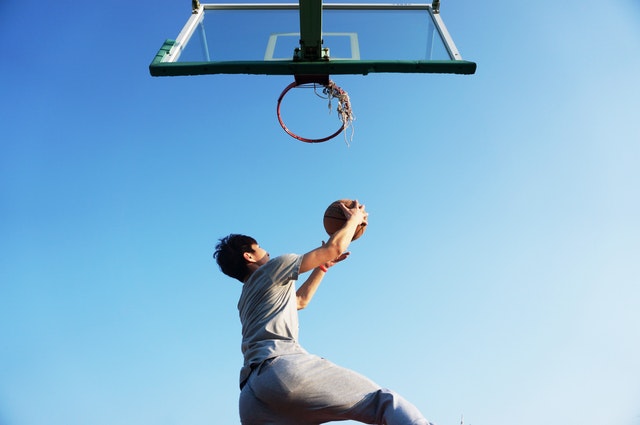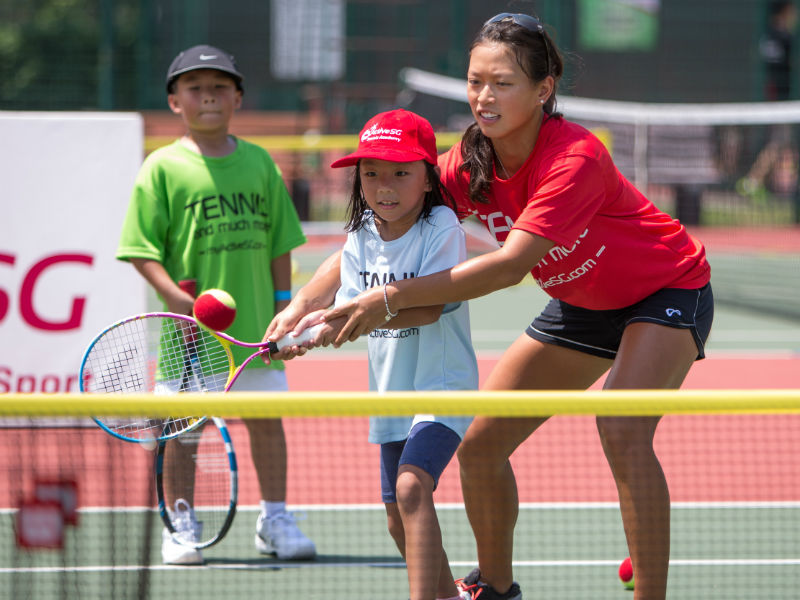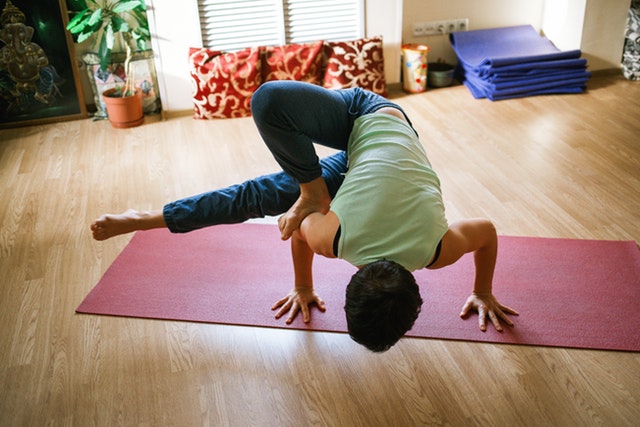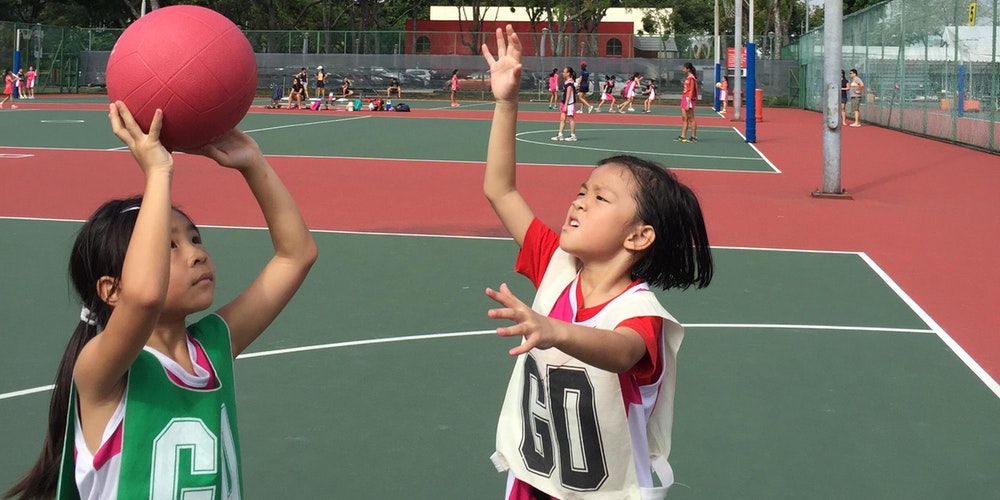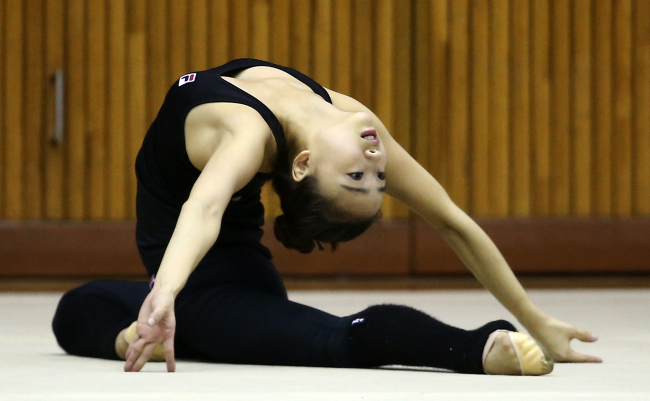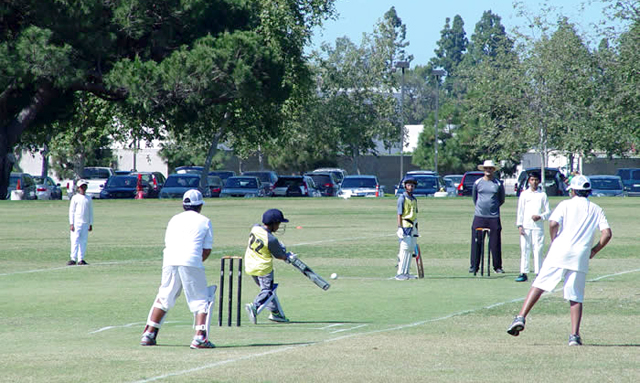Most parents are aware that there are all kinds of physical and health benefits associated with enrolling a child in organised sports classes, even for toddlers. What they may not always realize right away – until their child is an active participant anyway – that there are other, less obvious benefits that any child can gain from participating in organised sports and many of them can actually equip a child with skills and benefits that will help them in other aspects of life in general, especially schoolwork and will stand them in good stead for years to come:
Discipline
Discipline is a very important part of any organized sport, even those geared to very young children. There are rules that must be followed to ensure everyone’s safety and even if a child initially attends a class with a parent they must learn to be disciplined enough to follow them or lose their place in the class.
Later on in a young athlete’s progress, self-discipline becomes even more important, as they need to be able to stay on task even when their coach is working with a classmate and also to put in the practice needed to improve, even if it means giving up something else (video games, hanging out etc.) This sense of self-discipline then almost naturally spills over into their attitude towards academic schoolwork as well.
Determination
No one would ever be able to claim that organised sports are easy. Every tactic, move, routine etc. takes time, patience, practice and effort to master and to eventually perfect. It also involves lots of setbacks and mistakes and it is the determination to keep going, through all of the tumbles and missteps that give a young athlete a fierce sense of determination that will spill over in a positive way into schoolwork and lots of other aspects of everyday life both large and small.
Self Confidence
Self-confidence is something many children, tweens and teens struggle with on a daily basis and sometimes it can seem like the rise of the Internet and social media, as well as various mixed messages from the mainstream media, have only made things worse.
Young athletes, however, develop self-confidence because if you have practiced something dozens of times, failed, got up and tried again until you get it right that the experience can be nothing but a self-confidence booster. This self-confidence will also help them deal with the disappointment of the occasional bad mark or poor test score at school without letting it derail their academics in general.
The Ability to Overcome Fear
Sports – any sport – can be a little scary. Learning new physical skills can sometimes lead to injury and the fear of failure in any competitive sport is often a very real thing. However, dedicated young athletes quickly learn that these fears can be overcome and that they can then apply the same principles to lots of other aspects of their life outside of sports.
Teamwork
Although there are plenty of individual glories to be had in organised sports it is teamwork that almost always is the most important thing of all. It’s not always easy to get children of any age to see the value of teamwork and yet it is a hugely important life skill in general.
As an athlete, a child quickly realizes that the only way they are going to get those titles, medals and accolades they want is to ensure that not only are they doing their best, but the rest of their team is too and so being a good teammate becomes second nature.
Friendship
One of the things that you will hear about young athletes at all levels is that for the most part the participants are very friendly with one another and those friendships last for years. Many kids find that they form fast friendships through organized sports that stay with them even if they leave the sport and that can only be a good thing.

